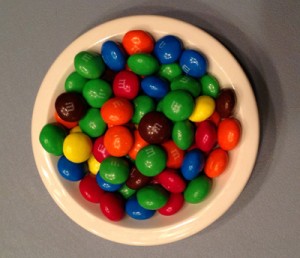 We (Edith Hope Fine and Judith Josephson) are the Grammar Patrol. Both of us taught for years and are now writers, with thirty plus books between us, including our two popular grammar guides, Nitty-Gritty Grammar and More Nitty-Gritty Grammar. For close to twenty years, we taught writing and grammar basics and now we blog about grammar for writers.
We (Edith Hope Fine and Judith Josephson) are the Grammar Patrol. Both of us taught for years and are now writers, with thirty plus books between us, including our two popular grammar guides, Nitty-Gritty Grammar and More Nitty-Gritty Grammar. For close to twenty years, we taught writing and grammar basics and now we blog about grammar for writers.
In a variation of Will Shakespeare’s oft-quoted phrase, “To hyphenate or not to hyphenate?—that is the question.”
We’ve chatted before on this blog about hyphens versus em dashes (—) and en dashes (–). See Ems and Ens for Writers Tuesday, May 1st, 2012.
This month we’ll focus on the little guys, hyphens.
Hyphens (-) link words together and can help avoid confusion.
“Running mate” needs no hyphen, but does as an adjective, as in “running-mate criteria.” The hyphen shows that “mate” goes with “running,” not “criteria.” Think smoke-free airport, self-help books, cell-phone plans.
When to Use Hyphens
• With some prefixes, especially when the root word is capitalized:
self-discovery, ex-president, pre-Oscar party, pre-Jurassic era, mid-January
• With blended double surnames:
Ochoa-Roberts Greenfield-Martin
• With compound modifiers:
a can’t-miss putt a first-ever book contract
Alas, hyphens don’t always stick to the rules. Different current dictionaries recognize both mouthwatering (no hyphen) and mouth-watering (with hyphen) as adjectives. Work-release has a hyphen; workroom does not. Witch-hunt, yes. Witchcraft, no. Go figure!

